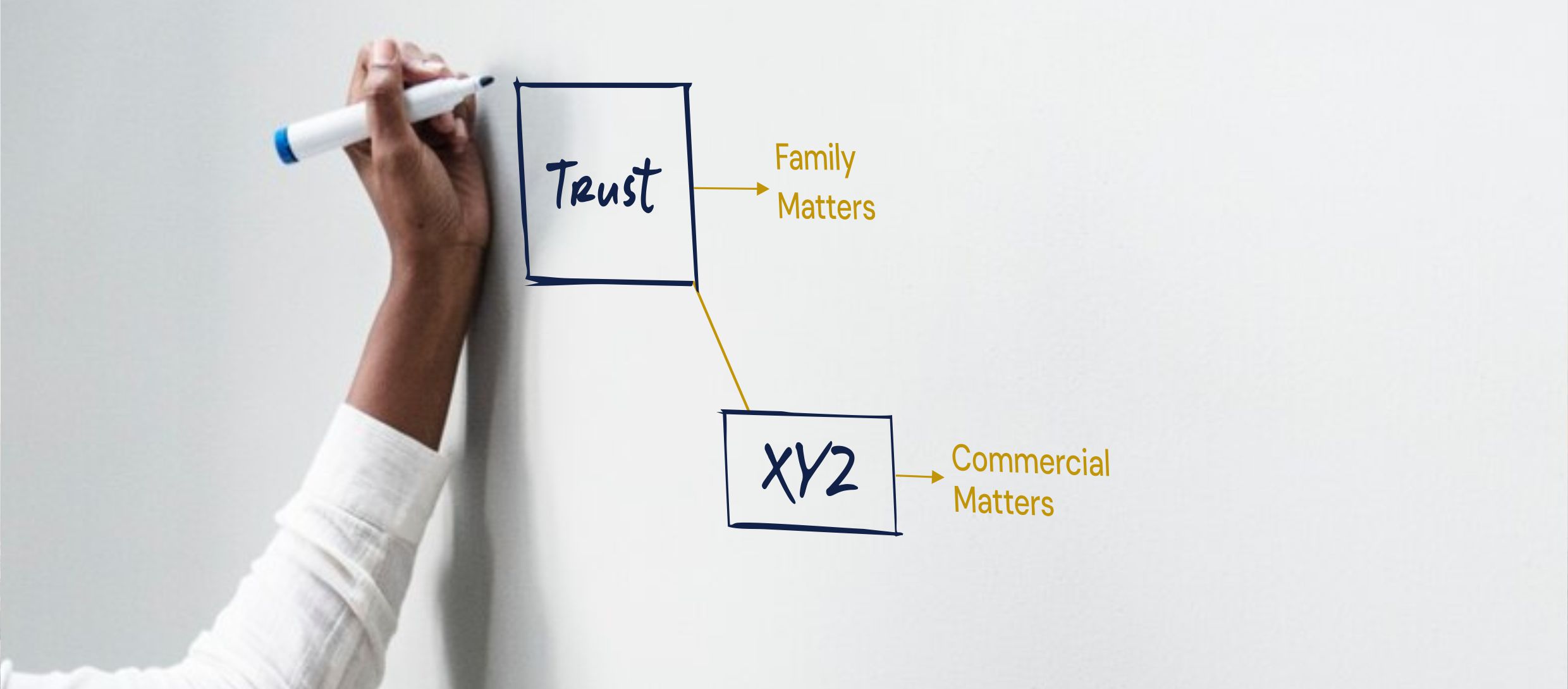If you’re thinking of embarking on a financing round for your startup, you might want to consider offering a Simple Agreement for Future Equity (SAFE). With a SAFE, you don’t have to bother about getting the company’s valuation and performance indicator data or even account for the funds as debt.
What is a SAFE?
A SAFE is an investment agreement that gives the investor the right to receive equity of a company/ convert the investment into shares at a future time on triggering events including:
- Another equity financing – the next equity financing usually led by a Venture Capital Fund
- Acquisition/Merger of the Company
- Liquidation of the Company
- Other conditions listed in the SAFE.
SAFEs. are similar to convertible notes as they both give rights to the investor to obtain equity at a future date but unlike convertible notes, SAFEs do not accrue interest like a loan, does not have a specific maturity date, and is not recorded as a liability in the books of the company. It is a more founder friendly agreement compared to other funding alternatives and can be a great way to get your business off the ground
3 things to know about a SAFE Offering
- SAFEs do not represent current stake in the business and does not confer immediate voting rights
- A SAFE conversion may never be triggered where the trigger events do not occur.
- SAFEs are not all the same – you determine the triggering events and other factors which can differ from one investor to another.
Important Terms in a SAFE
- Valuation Caps – this is the maximum value at which the investment can convert into equity or cash. What this means is that when the trigger event occurs, the investor will receive his shares at the valuation cap agreed in the SAFE.
- Conversion terms – these are specific terms that state whether it is just the original investment that converts
- Discounts – this provision gives investors equity/ equal value in cash at a reduced price relative to what other investors pay at an initial public offering. The discount is used if the SAFE investor’s money converts in future financing rounds and the valuation was at or below the valuation cap.
- Repurchase Rights – you can include a provision to repurchase the future right to equity instead of it being converted.
- Most Favored Nation – these are non-discriminatory clauses that require the company to give the same privileges to all investors in whatever category. With this a SAFE investor can receive the same terms as future investors especially where the future investor gets better terms.
- Pre-Money & Post-Money – this refers to valuation measurements that give an indication to investors and founders to understand how much a company is worth. Pre-money means the valuation is before new investor money. Post-moneymeans the valuation includes the capital raised in that round.
- Pro-rata rights – this allows investors add more funds to maintain ownership percentage after the next equity financing rounds. With this the SAFE investor will pay the new price for the shares. It is a good way to keep strong investors willing to bring more financing into the business.
SAFE agreements have a lot to offer. However, it’s important to understand the terms of the agreement to avoid harming yourself if the agreement is not professionally and strategically drafted and negotiated.
If you are a startup and want alternative and creative ways to find investors, contact our Corporate Finance & Business Advisory Team
Are you ready for venture capital funding? Click to see your readiness.





